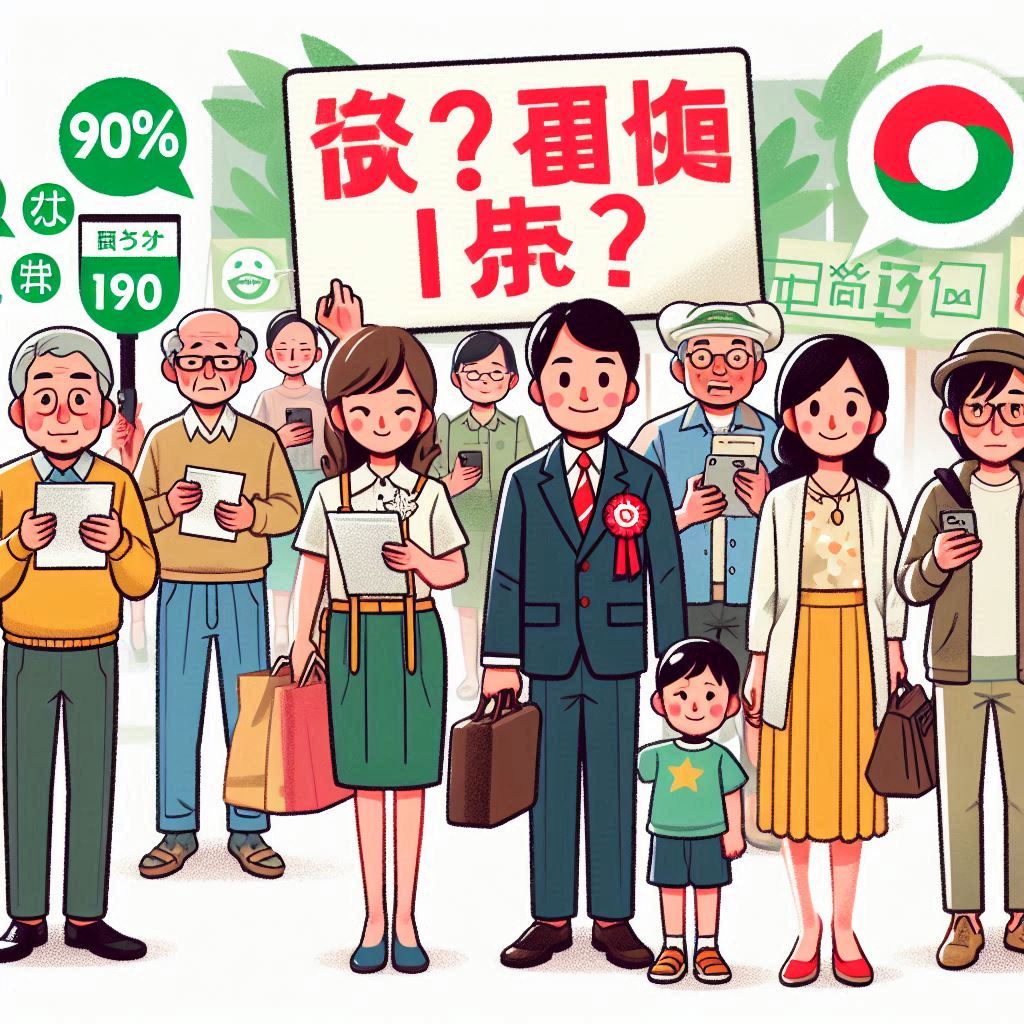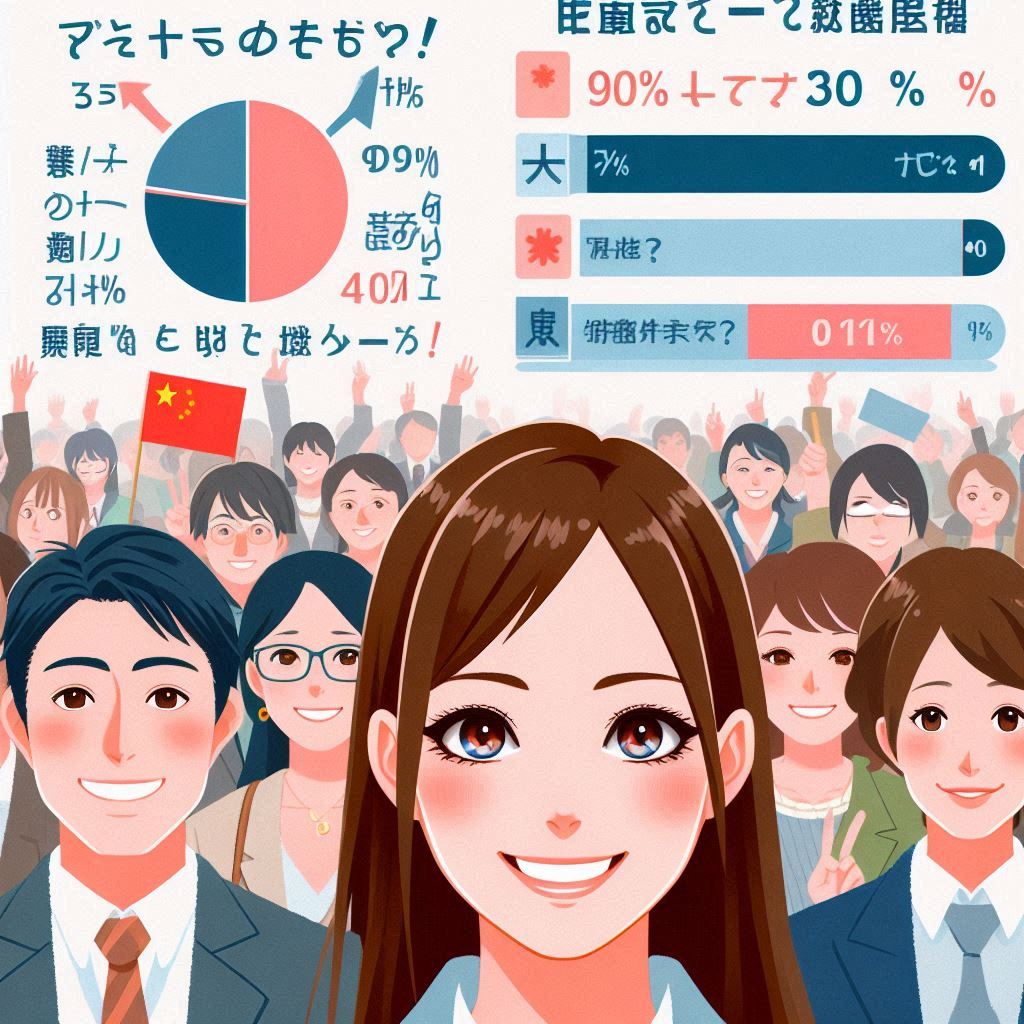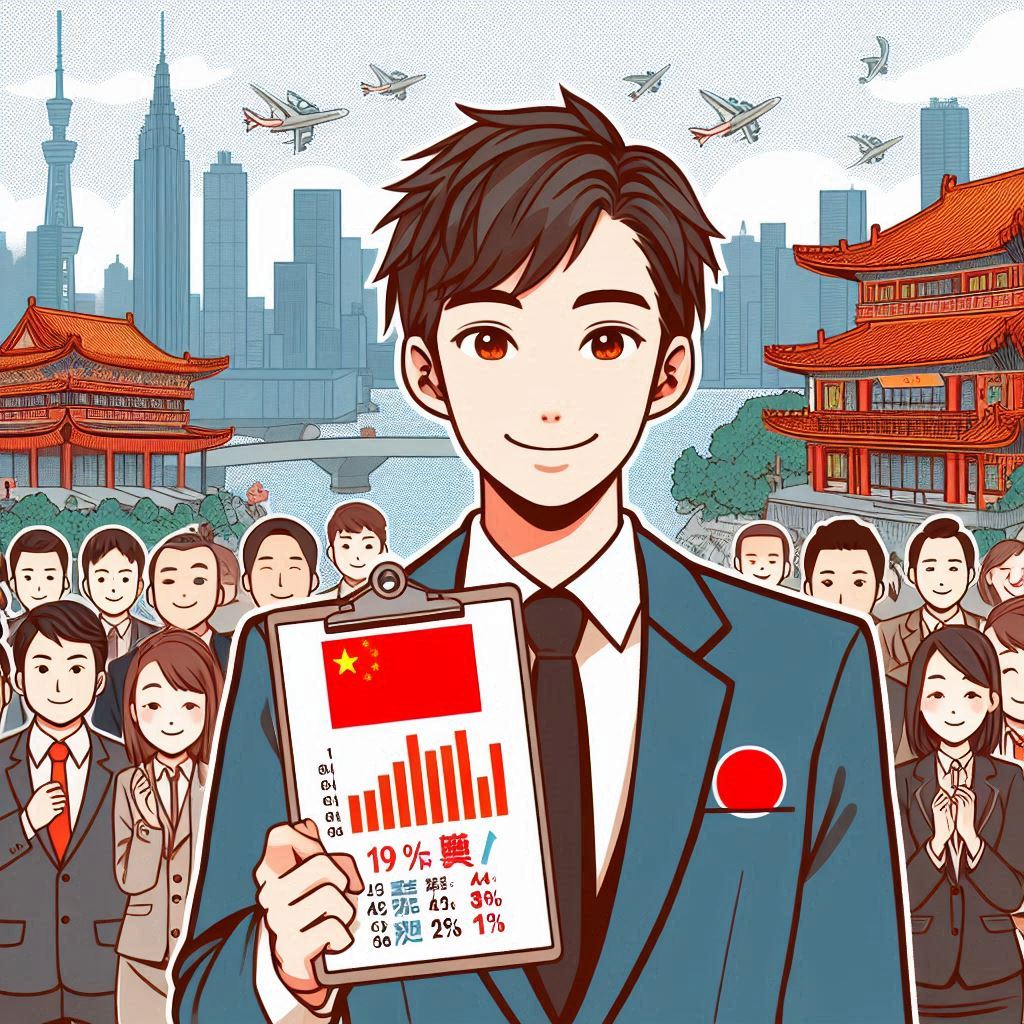日本民調顯示高達9成的民眾不喜歡中國,遠高過台灣討厭中國的比例。
根據日本媒體的報導,日本民調顯示高達9成的民眾不喜歡中國,而中國不喜歡日本的比例上升到66%。有官員表示,希望中方能夠反省並思考如何改善兩國之間的關係。日本人覺得中國人不愛乾淨、愛插隊、不守法以外,近期又因為日元貶值,瘋狂在日本購物及購置不動產,導致物價指數攀升,當地民眾叫苦連天。而不喜歡中國的原因還有以下幾個方面:
政治與外交
外交關係緊張:中日兩國在外交上經常處於緊張狀態,親美的日本與親俄及北韓的中國在許多立場上存在許多差異。這些外交緊張局勢加劇雙方民眾的敵對情緒。
政治制度差異:中國的政治制度與日本的民主制度差異巨大。部分日本人對中國的政治制度持批評態度,認為這樣的制度不利於人權和自由,從而對中國產生負面情感。
經濟與商業
經濟競爭:隨著中國經濟的快速崛起,中日兩國在全球市場上的競爭日益激烈。一些日本人可能會感到中國對日本經濟構成威脅,從而對中國持有敵對情緒。
知識產權問題:日本企業在中國市場上常常遇到知識產權被侵害的問題。這使得日本商界和普通民眾對中國的商業環境和法治意識感到不滿。
文化與社會
文化差異與衝突:日本和中國在文化和社會習慣上有很大的差異。例如,公共場所的行為規範、禮儀和社交方式等方面的不同,可能會導致誤解和衝突。
媒體報導的影響:日本媒體有時會集中報導中國的負面新聞,如食品安全問題、環境污染以及社會治安等,這些報導可能會強化日本民眾對中國的負面印象。
歷史問題
戰爭記憶:雖然已經過去很多年,但中日之間的戰爭歷史仍然對兩國人民的關係產生影響。日本人對中國在歷史問題上的立場和要求有時感到不滿。
安全問題
軍事擴張與威脅:中國在東海和南海的軍事擴張活動使得日本感到安全受到威脅。這種地緣政治上的不安也轉化為民眾對中國的不喜歡。
環境問題
環境污染:中國的環境污染問題,特別是空氣污染,有時會影響到日本。來自中國的霧霾和其他污染物質飄到日本,這讓日本民眾對中國的環境管理感到不滿。
這些因素綜合作用,使得不少日本人對中國持有負面情緒。然而,通過增加兩國之間的交流與理解,這些負面情緒有望逐漸減少。
According to Japanese media reports, a poll shows that as many as 90% of Japanese citizens dislike China, while the proportion of Chinese citizens who dislike Japan has risen to 66%. An official expressed hope that China will reflect on this and consider ways to improve the relationship between the two countries.
In addition to believing that Chinese people are not clean, cut in line, and do not follow the law, recent incidents have further aggravated the situation. The devaluation of the yen has led to a surge of Chinese shopping and buying real estate in Japan, causing the cost of living to rise and leaving local residents frustrated. Other reasons for disliking China include:
Political and Diplomatic Factors
Tense Diplomatic Relations: Japan and China often find themselves in tense diplomatic situations. Japan's alignment with the US and China's alignment with Russia and North Korea create significant differences in their stances on various issues. These tensions exacerbate hostility between the people of both countries.
Differences in Political Systems: The political system in China is vastly different from Japan's democratic system. Some Japanese criticize China's political system, believing it is detrimental to human rights and freedom, which leads to negative sentiments toward China.
Economic and Commercial Factors
Economic Competition: As China's economy rapidly rises, the competition between China and Japan in the global market intensifies. Some Japanese may feel that China poses an economic threat to Japan, fostering hostile feelings.
Intellectual Property Issues: Japanese companies often face intellectual property violations in the Chinese market. This causes dissatisfaction among Japanese businesses and the public regarding China's business environment and legal awareness.
Cultural and Social Factors
Cultural Differences and Conflicts: Japan and China have significant cultural and social habit differences. Differences in public behavior norms, etiquette, and social interactions can lead to misunderstandings and conflicts.
Media Influence: Japanese media sometimes focus on negative news about China, such as food safety issues, environmental pollution, and social security concerns. These reports can reinforce negative impressions among the Japanese public.
Historical Issues
War Memories: Although many years have passed, the history of wars between Japan and China still affects the relationship between the two peoples. Japanese people sometimes feel dissatisfied with China's stance and demands on historical issues.
Security Issues
Military Expansion and Threats: China's military expansion activities in the East and South China Seas make Japan feel threatened. This geopolitical anxiety also translates into public dislike of China.
Environmental Issues
Environmental Pollution: China's environmental pollution problems, especially air pollution, sometimes affect Japan. Smog and other pollutants drifting from China to Japan cause dissatisfaction among the Japanese public with China's environmental management.
These combined factors lead to a significant portion of the Japanese population holding negative feelings toward China. However, through increased exchanges and understanding between the two countries, these negative sentiments may gradually diminish.




照片:DALLE3
- 1
- 2
- 3
- 4
